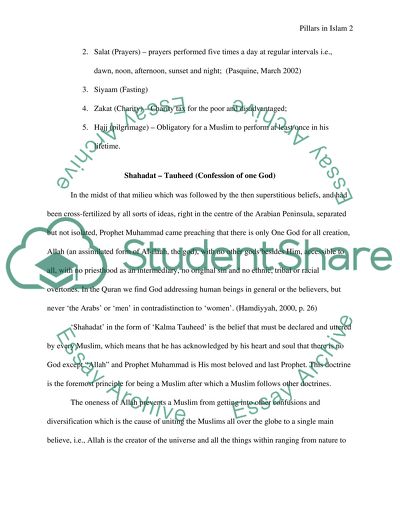Cite this document
(“Five pillars in islam Essay Example | Topics and Well Written Essays - 1250 words”, n.d.)
Retrieved from https://studentshare.org/religion-and-theology/1525243-five-pillars-in-islam
Retrieved from https://studentshare.org/religion-and-theology/1525243-five-pillars-in-islam
(Five Pillars in Islam Essay Example | Topics and Well Written Essays - 1250 Words)
https://studentshare.org/religion-and-theology/1525243-five-pillars-in-islam.
https://studentshare.org/religion-and-theology/1525243-five-pillars-in-islam.
“Five Pillars in Islam Essay Example | Topics and Well Written Essays - 1250 Words”, n.d. https://studentshare.org/religion-and-theology/1525243-five-pillars-in-islam.


